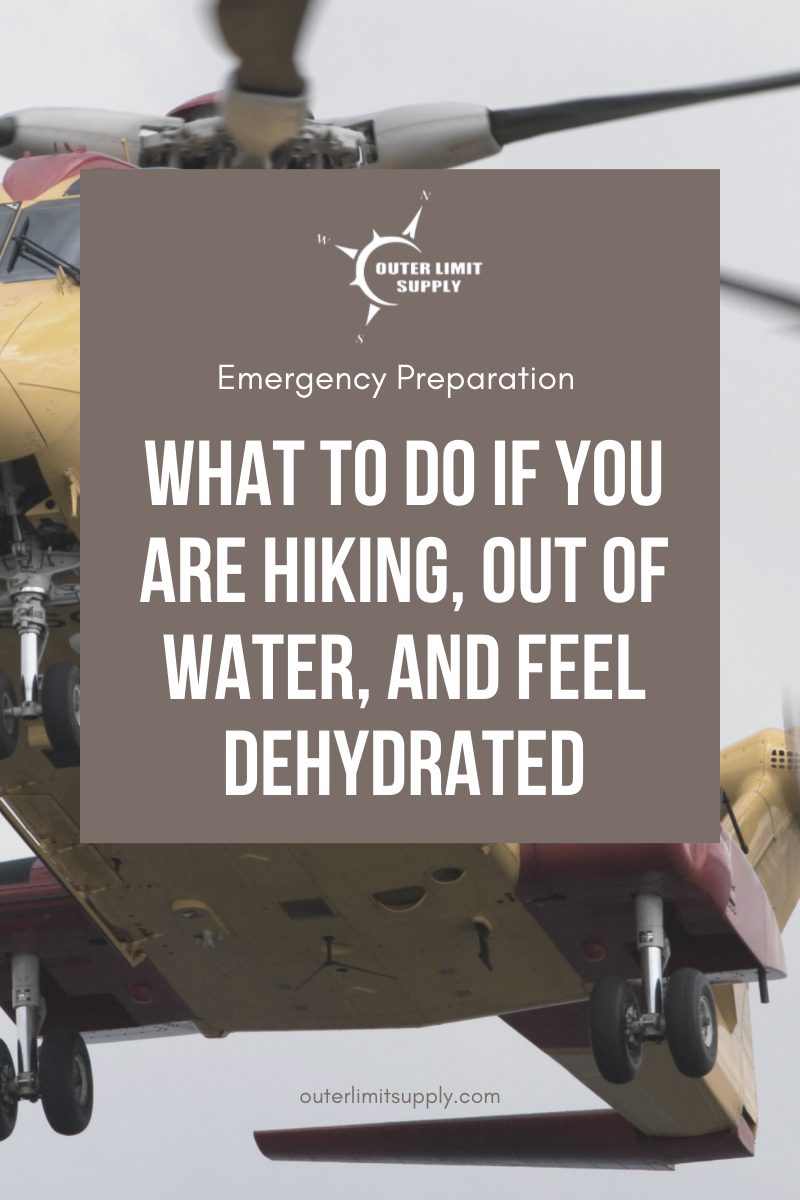People may think hiking into the back country is easy, and often times over estimate the limitations of their own abilities. It happens all the time, in fact, the average number of times hikers are airlifted out of the back country is 650 per year!
This often times cost the hiker a ton of money, but it often times results in loss of life. When most injuries occur, if medical attention doesn't happen within the first six minutes, the chances of survival drop.
After reading about these statistics, we felt crucial to share our insight into safety advice for traveling off the grid.
1. Always Travel With At Least Two People
You never know when an accident is a slip away. Someone you're traveling with could have a chance to help if you've been injured or caught between two boulders, but they also have a chance of finding help if the other is immobile.
If you're traveling somewhere with wild animals, pack animals will be less motivated to do you any harm if more people are near. Most animals will be more scared of you, but you never know in the great outdoors. When two or more people head out on a trip, you are able to share the load of adequate first aid equipment.
Everyone knows space and weight are the two deciding factors when preparing for a backpacking trip, especially a hike that could last days or weeks. Analyze the terrain and the risk, then between the group of two or more, split the necessary supplies to make sure if something happens, you'll be in the best scenario possible for looking out for one another.
2. Be Subjective When Judging Your Own Capabilities
Everybody wants to be Superman or Batman. The unfortunate reality is the real world is not the same as depicted in fictional superhero films, and neither are the efforts of hundreds of search and rescue teams across the globe. The difference between stupidity and pushing yourself to the limit is considered a fine line.
We aren't saying to be subjective in a sense of not to push yourself to be great. In fact, I highly encourage everyone to conquer a trail you've always wanted to, or take the trip you've been thinking about for years now. If you've been hiking 3-10 mile challenging hikes once or twice a week, plus training your body to work on minimal to no food, setting out on a 15-mile out-and-back is something that is in your range (depending on the terrain of course).
If you've been hiking through a 1-mile loop for weeks and have never been through some sort of survival school or online training, then it would not be wise for you to set out on a 30-mile out-and-back. Use common sense before any trip, but also be honest with yourself and anyone else you may be responsible for.
Now might not be a good time to go hiking Mt. Elbert in Colorado, but that doesn't mean you can't build up to it. Everything worth anything in life requires practice and preparation; hiking and outdoor survival is no different.
3. Focus On Packing Supplies Suited For The Terrain
You wouldn't bring a parka into a desert where the temperature doesn't drop below seventy degrees at night, right? The same thing goes for medical supplies. Make sure you're prepared before you leave camp for common injuries like:
- Dehydration
- Sprains
- Scrapes
- Bruises
You'll want to pack specific items that can help treat small injuries at once, so they don't become a problem later on in the trip. You don't have an infirmary with you if something serious happens.
Pro Tip: Always pack something to help stop the bleed. 🩸
If you're headed into an area where rain and thunderstorms are even a possibility, you'll want to bring a lightweight jacket that will keep you and your belongings dry - keep in mind some things can be used for more than one purpose. If the same jacket is lightweight enough, it could also be used to keep intense sun off you.
To some folks, its common knowledge, but making sure that you pack your sunscreen (even if the weather is predicted to be overcast) is definitely something you'll not want to forget. During a cloudy day, UV rays could actually be as or more intense than they are on a sunny day due to the reflections of the clouds.



